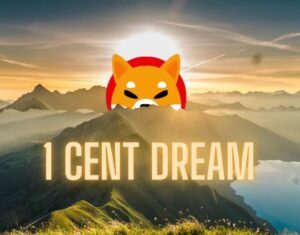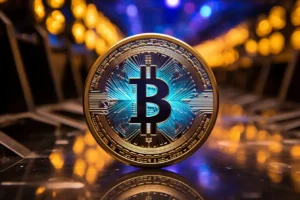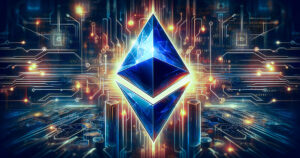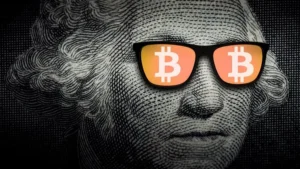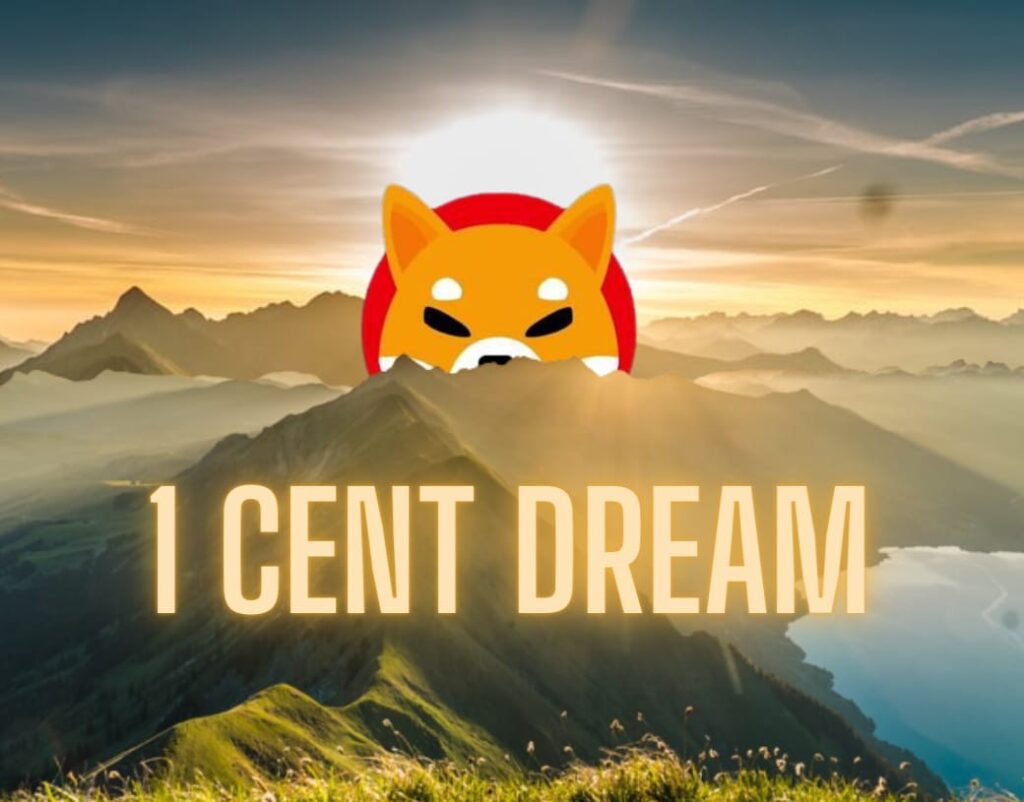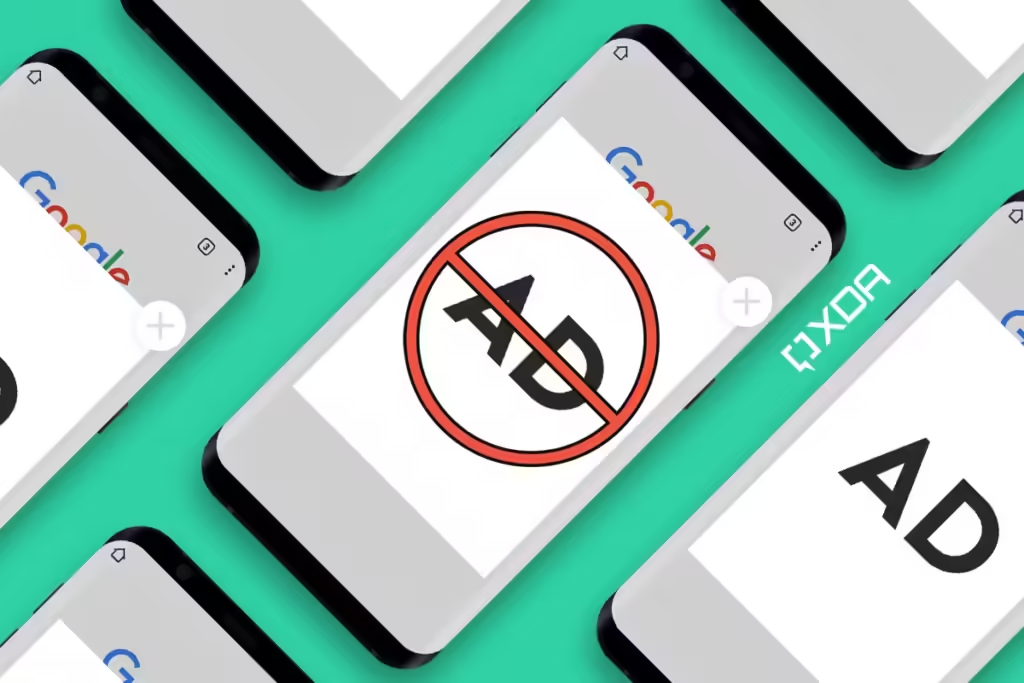In recent years, Non-Fungible Tokens (NFTs) have surged in popularity, creating a buzz across the digital landscape. From digital art to virtual real estate, NFTs are revolutionizing how we perceive and trade assets. However, the debate about whether NFT are worth investing in or just a speculative bubble continues. This comprehensive guide explores the intricacies of NFTs, their potential benefits, risks, and whether they are worth buying or merely a waste of money.
What Are NFTs?
Definition:
- NFTs are unique digital assets verified using blockchain technology. Unlike cryptocurrencies such as Bitcoin or Ethereum, which are fungible and identical to each other, NFTs are distinct and cannot be exchanged on a one-to-one basis.
Characteristics:
- Uniqueness: Each NFT has a unique identifier, making it one-of-a-kind.
- Ownership: Ownership and transferability are securely recorded on a blockchain.
- Digital Scarcity: NFTs create scarcity in the digital realm, allowing for exclusive ownership of digital items.
Types of NFTs
Digital Art:
- Artists create and sell digital artworks as NFTs, providing a new revenue stream and protecting their intellectual property.
Collectibles:
- Digital collectibles, such as virtual trading cards and memorabilia, have become popular among enthusiasts and investors.
Virtual Real Estate:
- Platforms like Decentraland and The Sandbox offer virtual land and properties as NFTs, which users can buy, sell, and develop.
Gaming Assets:
- In-game items, characters, and skins can be owned and traded as NFTs, enhancing the gaming experience and creating real-world value.
Music and Media:
- Musicians and content creators can tokenize their work, offering exclusive access or ownership to their fans.
Benefits of NFTs
Ownership and Authenticity:
- Blockchain technology ensures the authenticity and ownership of NFTs, reducing the risk of fraud and duplication.
Royalties for Creators:
- Smart contracts enable artists and creators to receive royalties on secondary sales, ensuring continuous revenue.
Market Accessibility:
- NFTs provide a global marketplace, allowing creators and buyers to connect without intermediaries.
Investment Potential:
- Early adopters and investors have seen significant returns on their NFT investments, driven by demand and rarity.
Risks and Concerns
Market Volatility:
- The NFT market is highly speculative and volatile, with prices fluctuating based on trends and hype.
Lack of Regulation:
- The NFT space lacks regulatory oversight, leading to potential scams, fraud, and market manipulation.
Environmental Impact:
- The blockchain technology underpinning NFTs, particularly on the Ethereum network, has been criticized for its energy consumption and environmental impact.
Liquidity Issues:
- Unlike traditional investments, NFTs may lack liquidity, making it challenging to sell them quickly at desired prices.
Overvaluation and Speculation:
- Many NFTs are driven by speculative buying, leading to overvaluation and potential market bubbles.
Case Studies
Beeple’s “Everydays: The First 5000 Days”:
- Digital artist Beeple sold an NFT of his work for $69 million at Christie’s auction house, highlighting the potential value of digital art.
CryptoPunks:
- CryptoPunks are one of the earliest examples of NFTs, with some selling for millions of dollars. These 24×24 pixel art images have become iconic in the NFT space.
NBA Top Shot:
- NBA Top Shot allows fans to buy, sell, and trade officially licensed NBA collectible highlights, generating over $700 million in sales in its first year.
Expert Opinions
Proponents:
- Advocates believe NFTs are revolutionizing digital ownership and creating new opportunities for artists and creators. They see NFTs as a long-term investment with significant potential.
Skeptics:
- Critics argue that NFTs are a speculative bubble fueled by hype and that many assets are overpriced. They caution against the environmental impact and lack of regulation.
Tips for Potential NFT Buyers
Do Your Research:
- Investigate the creator, project, and community behind the NFT. Understanding the value proposition and potential risks is crucial.
Start Small:
- Begin with smaller investments to familiarize yourself with the market dynamics and mitigate potential losses.
Consider Utility and Value:
- Evaluate the utility and intrinsic value of the NFT. Some NFTs offer additional benefits, such as access to events or exclusive content.
Diversify Your Portfolio:
- Avoid putting all your funds into NFTs. Diversify your investments across different asset classes to manage risk.
Be Prepared for Volatility:
- The NFT market is volatile. Be prepared for price fluctuations and avoid making impulsive decisions based on short-term trends.
Conclusion
The question of whether NFTs are worth buying or just a waste of money depends on various factors, including your risk tolerance, investment strategy, and understanding of the market. While NFTs offer exciting opportunities for ownership and investment, they also come with significant risks and uncertainties. By conducting thorough research and approaching the market with caution, you can make informed decisions about whether NFTs align with your financial goals and interests.

